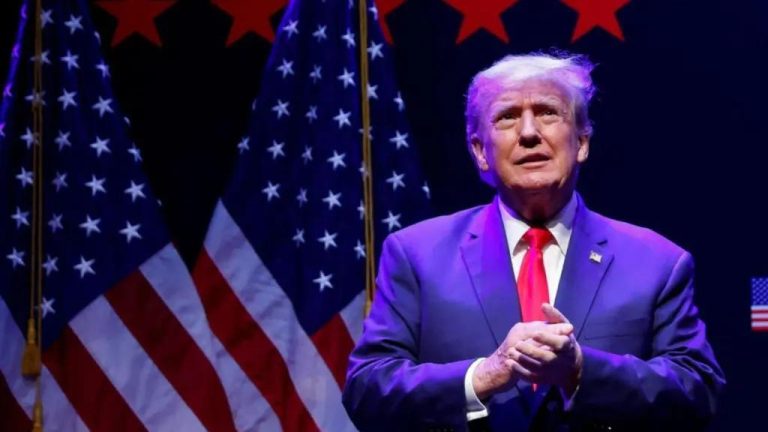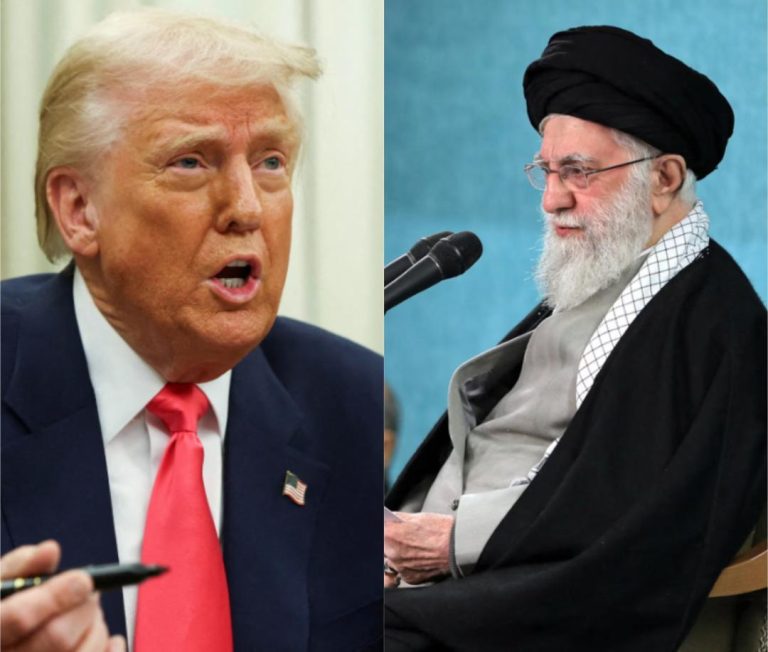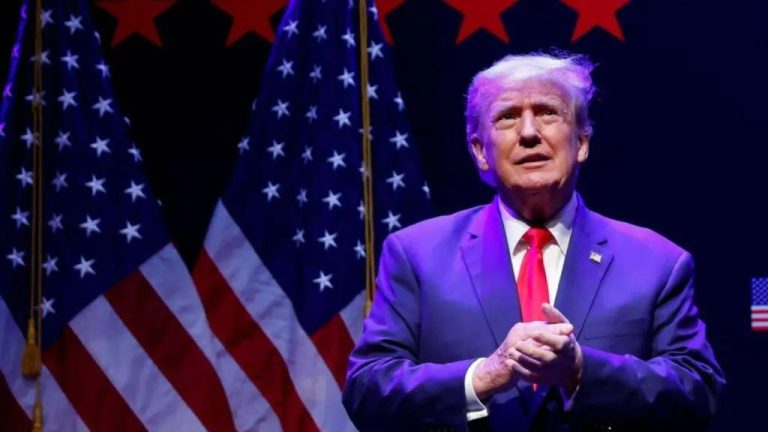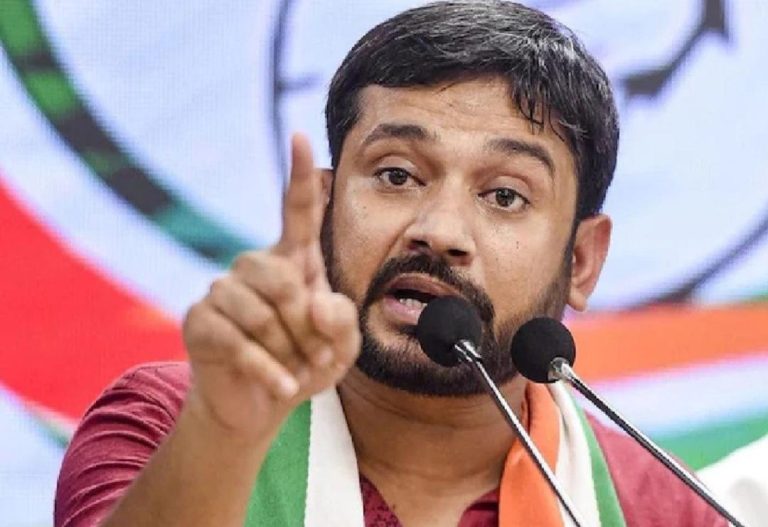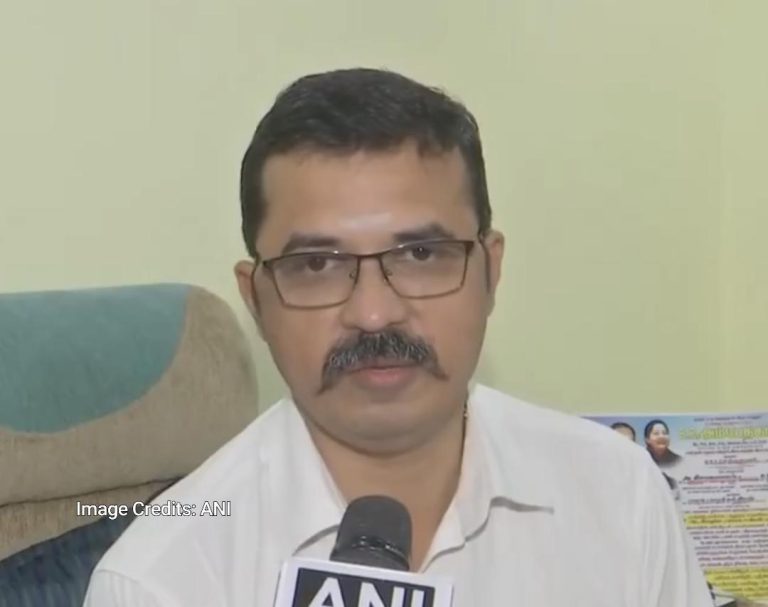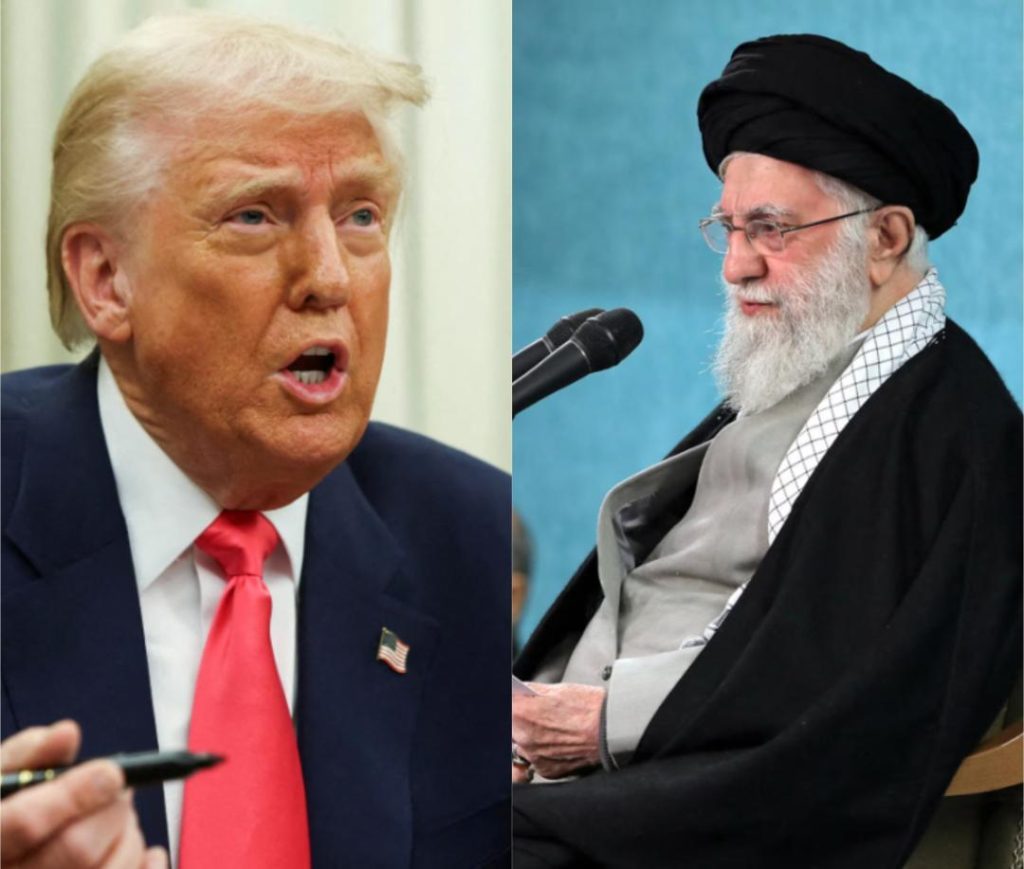
US & Iran begin nuclear talks days after Donald Trump threatened bombing
In a surprising turn of events, Iran and the United States have begun indirect talks in Oman, just days after US President Donald Trump threatened to bomb Iran over its nuclear program. The talks, which were confirmed by Iran’s foreign ministry, aim to address concerns over Tehran’s nuclear activities and have been set up under the shadow of regional conflict.
According to reports, Iranian Foreign Minister Abbas Araghchi and US President Trump’s Middle East envoy Steve Witkoff will represent their respective sides in the talks. The two delegations will meet in separate rooms and exchange messages through an Omani minister, who will act as a mediator.
The sudden development comes after Trump’s provocative comments on April 8, where he threatened to bomb Iran if it didn’t come to the negotiating table to discuss its nuclear program. The US President’s statement was seen as a major escalation in the already tense relations between the two countries.
Iran’s foreign ministry spokesperson, Saeed Khatibzadeh, confirmed the talks, stating that they would focus on “the issues of the nuclear program” and would be held under the auspices of Oman. Khatibzadeh also emphasized that the talks would be based on the principle of “mutual respect” and would aim to “respect the sovereignty and territorial integrity” of both countries.
The decision to begin talks comes as a surprise to many, given the recent rhetoric from both sides. However, it’s worth noting that there have been ongoing efforts to revive the 2015 Joint Comprehensive Plan of Action (JCPOA), also known as the Iran nuclear deal, which was abandoned by the Trump administration in 2018.
The JCPOA was a landmark agreement between Iran and the P5+1 group of countries (the US, UK, France, Germany, Russia, and China) that aimed to limit Iran’s nuclear activities in exchange for relief from economic sanctions. However, the deal’s collapse has led to increased tensions between Iran and the US, with both sides imposing sanctions on each other.
The current situation is further complicated by the presence of other regional powers, including Saudi Arabia, which has been a key ally of the US in the region. The Saudi government has been critical of Iran’s nuclear program and has called for a united front against Tehran.
The talks in Oman are seen as an attempt to break the impasse and negotiate a new agreement that addresses concerns over Iran’s nuclear activities. However, the success of the talks is far from guaranteed, given the deep-seated mistrust and tensions between the two sides.
In a statement, the US State Department said that the talks would be “constructive” and would focus on “the nuclear issue” and “security in the region.” However, the department also emphasized that the US would not be “bound” by any agreement and that its “maximum pressure” campaign against Iran would continue.
For its part, Iran has been adamant that its nuclear program is peaceful and that it will not be bullied or intimidated by the US. Iranian officials have also emphasized that any new agreement would need to be based on the principles of “equality and mutual respect.”
The talks in Oman are seen as a critical step in reducing tensions between the two countries and preventing a wider conflict in the region. However, the road ahead will be fraught with challenges, and it remains to be seen whether the two sides can overcome their differences and reach a comprehensive agreement.
Source:

